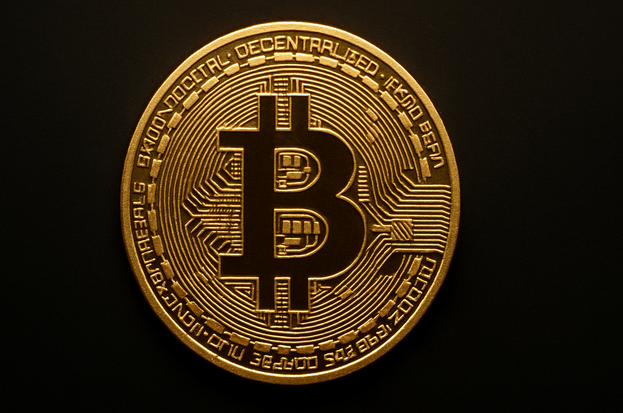TLDR
- Corporate clients manage 10-15% of assets on Mercado Bitcoin using BTC and stablecoins.
- Small and medium businesses hold bitcoin and stablecoins to manage cash reserves.
- Institutional adoption is reducing crypto market volatility, making BTC attractive for treasurers.
- Mercado Bitcoin sees a cautious approach from corporate clients, not focused on speculative trading.
Corporate clients, particularly small and medium-sized enterprises (SMEs), are holding significant amounts of cryptocurrency on Mercado Bitcoin, Brazil’s largest crypto exchange. According to Daniel Cunha, the head of corporate development at Mercado Bitcoin, these companies account for 10-15% of the total assets held on the platform.
However, unlike typical traders, these firms are not actively engaging in market movements. Instead, they are holding bitcoin (BTC) and stablecoins like USDT and USDC as a means to manage their cash reserves and mitigate risks from global economic instability.
Corporate Clients’ Conservative Strategy
These corporate clients are not involved in speculative activities or searching for high yields. Rather, they are using bitcoin and stablecoins for conservative cash management. Cunha explained that companies are increasingly using these digital assets to protect themselves from inflation, currency devaluation, and geopolitical uncertainties.
Their primary goal is stability, not growth through trading. These companies typically move no more than 10% of their holdings at any given time, signaling their long-term and cautious approach toward cryptocurrency.
“Companies are holding rather than trading,” Cunha said in an interview at Mercado Bitcoin’s DAC 2025 conference. The use of bitcoin in this manner has been growing, especially after the high-profile adoption of bitcoin by major companies like Strategy (MSTR), which now holds over 639,000 BTC. This strategy is seen as a way to safeguard corporate treasuries from the volatile traditional financial markets.
Institutional Adoption and Reduced Volatility
The increased participation of corporate clients on platforms like Mercado Bitcoin is contributing to a stabilization of the crypto market. Cunha noted that institutional involvement has led to a decrease in the overall volatility of digital currencies. This trend is making bitcoin more appealing to corporate treasurers. In particular, the use of stablecoins has also gained traction among these businesses as a safe store of value.
Cunha highlighted that while large corporate players in Brazil have yet to significantly enter the market, smaller businesses are already moving forward with crypto adoption. The rise of institutional investors and corporate clients in Brazil is a sign that the country’s corporate sector is starting to recognize the value of bitcoin and other cryptocurrencies.
The major players, however, remain cautious, waiting for the right moment to invest or integrate crypto into their corporate strategies.
Mercado Bitcoin’s Role in Corporate Crypto Adoption
Mercado Bitcoin is a key platform in the growing interest from corporate clients in Brazil. With its emphasis on security and regulatory compliance, the exchange has positioned itself as a reliable partner for businesses seeking to hold digital assets.
The exchange is also well-established in a country that ranks highly in global crypto adoption. Despite this, only one publicly traded company in Brazil, Méliuz, currently holds BTC. However, other firms like OranjeBTC are set to list on Brazil’s stock exchange soon, potentially becoming the largest publicly traded corporate holders of bitcoin in the country.
As small and medium-sized enterprises take the lead in crypto adoption, larger corporations remain more reserved. This trend suggests that while Brazil is witnessing growing institutional interest in cryptocurrency, a significant shift toward mainstream corporate adoption is still in its early stages.
The growing trend of corporate clients holding digital assets on Mercado Bitcoin reflects a broader shift in how companies are managing their financial reserves. As digital assets become more mainstream, their role in corporate treasuries is likely to expand, especially if institutional adoption continues to stabilize the crypto markets.






